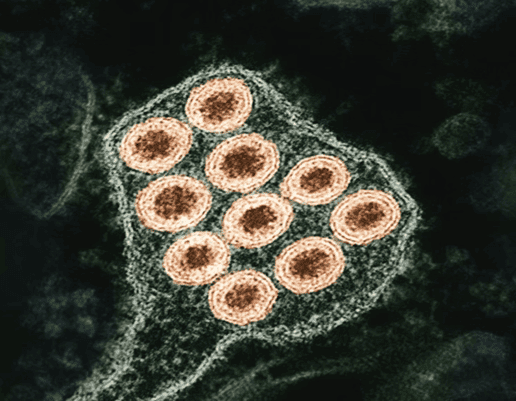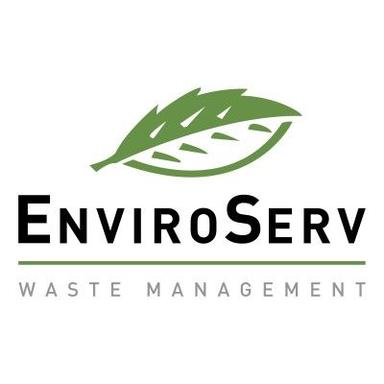Measles Returns to South Carolina: A Call for Public Health Action

South Carolina is experiencing a resurgence of measles, a disease declared eliminated in the United States in 2000. As of October 1, 2025, the South Carolina Department of Public Health (SCDPH) confirmed eight cases in the Upstate region. Five of these cases emerged within the last month, indicating a recent rise in infections. This development underscores the return of a disease once thought to be under control.
Unvaccinated Individuals at the Center of the Outbreak
All eight individuals affected by the outbreak were unvaccinated and had no immunity from prior measles infections. This reflects a troubling pattern, as most measles cases in the United States this year have involved unvaccinated individuals. By April 17, 2025, 96% of reported cases were either unvaccinated or had unknown vaccination status. The connection between vaccination status and vulnerability to infection remains clear.
The Spread and Containment Efforts
The SCDPH is actively investigating the source of the outbreak. Five of the confirmed cases are linked to a possible undisclosed school, while two cases have no identified source, suggesting potential unrecognized community transmission. In response, health authorities have introduced isolation measures for infected individuals and are conducting extensive contact tracing. These steps aim to prevent further spread and protect public health.
A National Concern
The outbreak in South Carolina forms part of a larger national trend. The Centers for Disease Control and Prevention reported 1,544 confirmed measles cases across 41 states as of September 30, 2025. This represents the highest number of measles cases in the country since the disease was declared eliminated. The resurgence raises questions about vaccination coverage and the persistence of outbreaks despite medical advances.
The Importance of Vaccination
Measles is a highly contagious viral disease capable of causing serious complications, including pneumonia and encephalitis. Before the introduction of the measles vaccine, measles caused about 48,000 hospitalizations and 400 to 500 deaths annually in the United States. Two doses of the measles, mumps, and rubella (MMR) vaccine have proven highly effective in preventing the disease. Vaccination protects individuals and strengthens community immunity, reducing the risk of outbreaks.
Looking Ahead
Health officials in South Carolina have urged residents to confirm their vaccination status and receive any necessary doses. State epidemiologist Dr. Linda Bell has stressed the importance of staying home when unwell and seeking timely vaccination to protect oneself and the community. The situation calls for continued vigilance and adherence to public health guidance to contain the outbreak and safeguard health.
Business News
Netflix Advertising Business Turns into a Growth Path, Revenue Surge
EFCC Calls for Suspension and Prosecution of Banks and Fintechs Linked to Fraud
How to Boost Employee Productivity in Industrial Work Environments
How Executive Culture Can Enable Abuse and Legal Exposure
Why Most Executive Books Are Written with a Ghostwriter




















